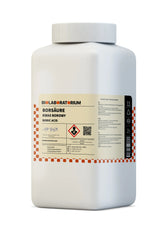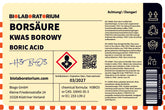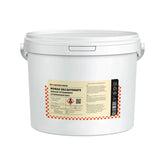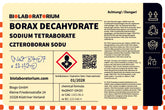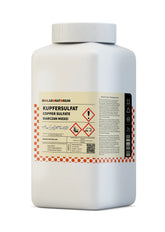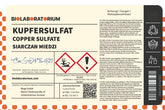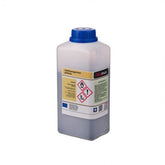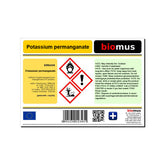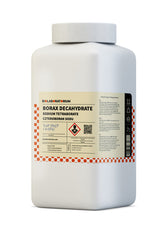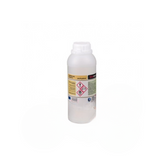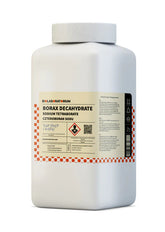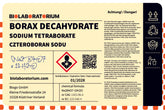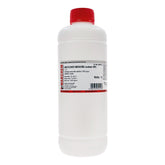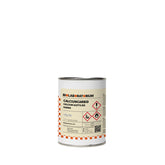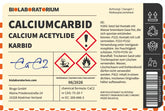Acetone: Chemical properties, effects, and precautions
Acetone is a versatile and commonly used chemical solvent found in a variety of products and applications. As one of the main components of ChemMarkt.de's product range, it is important to examine the properties, uses, and safety aspects of this substance more closely.
Chemical properties of acetone
Acetone, also known as propanone, is a colorless, highly volatile, and flammable liquid with a characteristic, slightly sweet smell. With the chemical formula CH₃COCH₃, it belongs to the group of ketones and is well soluble in water. Its boiling point is 56.1 °C, which explains its high evaporation rate.
Acetone is an excellent solvent for many organic substances such as fats, oils, resins, and plastics. Due to its polarity, however, it can also dissolve polar substances like water well. This property makes acetone a versatile cleaning agent.
Use of acetone
The wide range of applications of acetone extends from household and industry to cosmetics and medicine:
Household use
In the household, acetone is used as a solvent for varnishes, paints, and adhesives. It is also used to remove nail polish and to clean tools and surfaces.
Use in industry
In industry, acetone is an important solvent for the production of plastics, fibers, paints, and adhesives. Furthermore, it is used in chemical synthesis as a starting material for producing other chemicals.
Use in cosmetics
In the cosmetics industry, acetone is used as a solvent for nail polish removers and nail care products. Due to its degreasing effect, it is also used in facial cleansers.
Use in medicine
In medicine, acetone is used to treat diabetes as it can serve as an energy source during ketoacidosis. Additionally, it is used in the manufacture of pharmaceuticals.
Precautions when handling acetone
Although acetone is versatile, some safety aspects must be considered when using it:
Flammability
Acetone is highly flammable, with a flash point of -18 °C. Open flames, sparks, and smoking should therefore be avoided near acetone.
Health risks
Acetone can be harmful to health if inhaled, swallowed, or in contact with skin. It can cause respiratory irritation, dizziness, headaches, and nausea. Contact with the eyes can cause irritation.
Environmental aspects
Acetone is highly volatile and can accumulate in the environment. Improper disposal can therefore contaminate water and soil.
To minimize these risks, some precautions must be observed when handling acetone:
- Use in well-ventilated areas
- Wearing protective equipment such as gloves and safety goggles
- Avoidance of ignition sources
- Safe storage and proper disposal
Conclusion
Acetone is a versatile chemical solvent with numerous applications in household, industry, cosmetics, and medicine. However, its specific properties such as flammability and health risks must be considered when using it. With the right precautions, acetone can be used safely and effectively.

